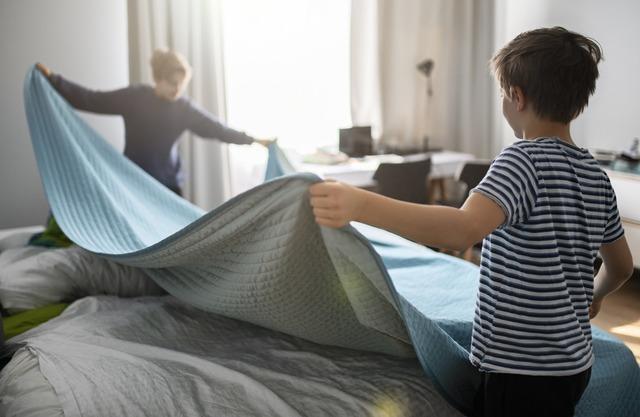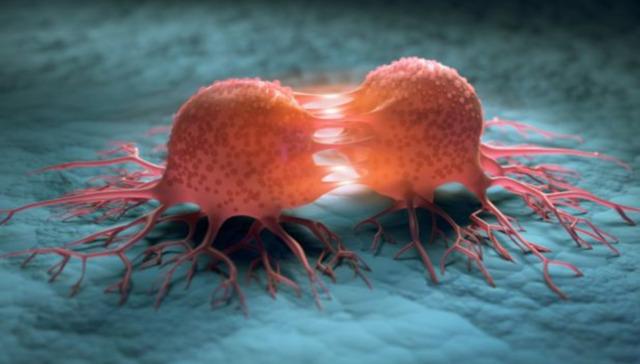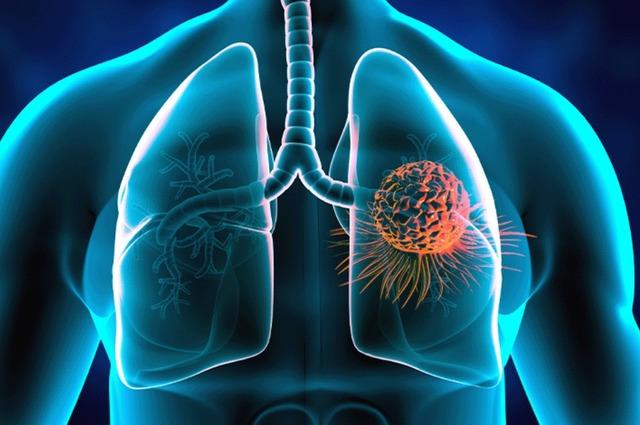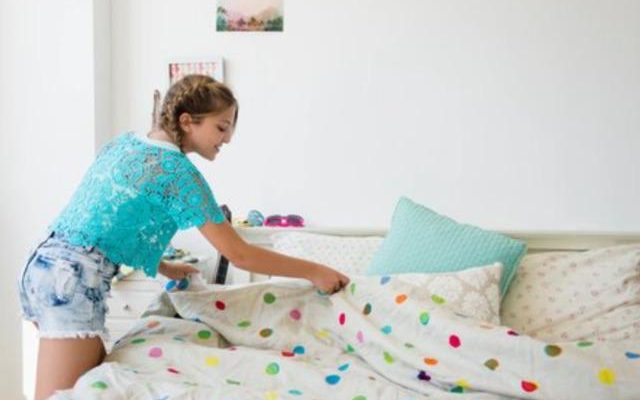Warnings are being issued against a little-known sign of cancer that you may notice on your sheets and pillows in the morning.
According to the news in the Mirror, night sweats may be a sign of cancer. With more than 200 types of cancer, it can be a little difficult to know which symptoms to look out for. What’s clear is that when it comes to cancer, the earlier you spot the warning signs, the better it is for you.
Detecting cancer at an early stage can save lives, but it can be difficult to know which signs to look out for. Symptoms can be more general, such as weight loss and fatigue, or they can affect specific parts of the body, such as your skin. Other common warning signs include masses, unexplained bleeding, or prolonged swelling.
CHECK IN THE MORNING
Experts recommend checking your mattress in the morning to see if you’re experiencing excessive sweating during your sleep. If you are, your sheets and pillows will probably become so saturated that it’ll be noticeable in the morning.

According to cancer research, infection is one of the most common causes of sweating in people with cancer. The infection can cause a high temperature, and your body sweats to reduce it. Some types of cancer can also cause you to sweat more than usual. These include the following types of cancer:
- non-Hodgkin lymphoma
- Hodgkin lymphoma
- Carcinoid tumors
- Leukemia
- Mesothelioma (Lung membrane cancer)
- bone cancer
- Prostate cancer
- kidney cancer
- germ cell tumors
- Advanced stage medullary thyroid cancer

Cancer can manifest itself with a wide variety of symptoms. It’s important to know what’s normal for you and to tell your doctor if you’re worried about any changes in your health. Sweating doesn’t necessarily mean you have cancer, but it’s important to talk to your doctor if it’s not normal for you.

The NHS states: “Most people sweat throughout the night. If you regularly wake up with wet sheets, you should have this checked by a GP. It is normal to sweat throughout the night if your room or bed makes you very hot. Night sweats occur when your night clothes and bedding are soaked, even though the area where you sleep is cool.” “This means that adults and children may experience night sweats.”

